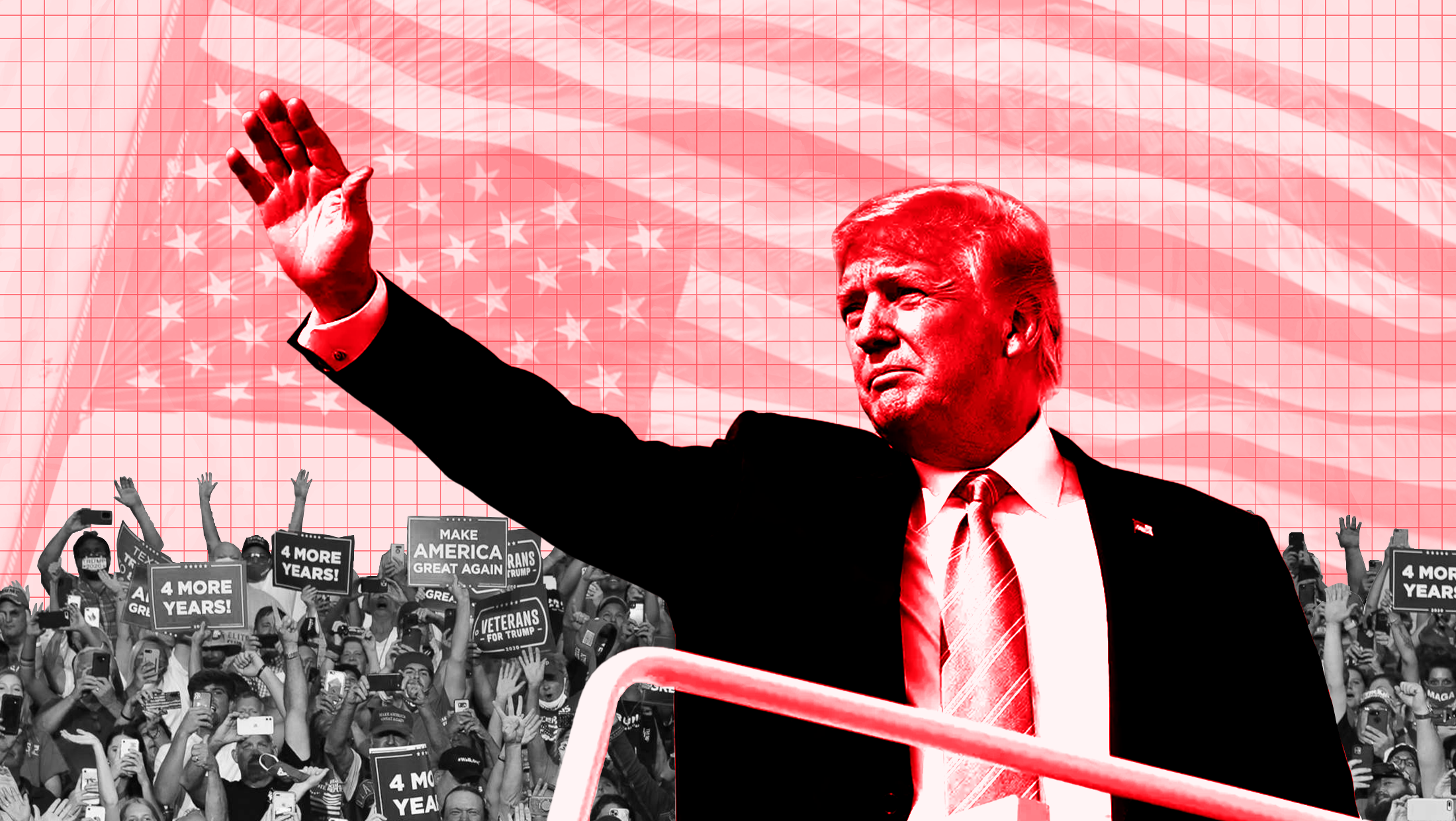|
Getting your Trinity Audio player ready...
|
Nigeria’s crypto landscape is undergoing a dramatic shift, with a potential nationwide ban on peer-to-peer (P2P) crypto trading looming on the horizon. This follows the National Security Adviser’s (NSA) reported classification of crypto trading as a national security threat, signaling a significant tightening of regulations in the space.
The move comes after major fintech players like Moniepoint, Paga, and Palmpay began blocking accounts associated with crypto transactions and reporting such activities to authorities. This suggests a coordinated effort between the government and fintech companies to clamp down on the sector.
This marks a stark reversal from the more lenient stance adopted by the Bola Tinubu administration in December 2023, when the Central Bank of Nigeria lifted a two-year ban on crypto transactions. However, recent concerns about crypto speculators manipulating the foreign exchange market and exacerbating its volatility have triggered a renewed crackdown.
Authorities allege that P2P platforms are being exploited for pump-and-dump schemes, leading to the manipulation of the Nigerian naira. In February 2024, Central Bank Governor Olayemi Cardoso accused Binance of facilitating $26 billion in untraceable transactions, leading to a freeze on over 1,000 bank accounts linked to P2P activities.
Further tightening the grip, four major fintech firms were recently instructed to halt the opening of new customer accounts, particularly Tier 3 accounts, which traditional banks have long suspected of facilitating illicit financial activities. This directive, reportedly originating from the NSA, highlights growing concerns over the ease with which fintech platforms enable account creation.
Also Read: Uniswap Dominates L2 Trading: 650% Volume Surge Amidst Regulatory Scrutiny
While the full scope of the impending regulations remains unclear, the NSA’s classification of crypto trading as a national security threat casts a significant shadow over the future of P2P transactions in Nigeria. As the regulatory landscape continues to evolve, the fate of this popular crypto trading method hangs in the balance.
I’m your translator between the financial Old World and the new frontier of crypto. After a career demystifying economics and markets, I enjoy elucidating crypto – from investment risks to earth-shaking potential. Let’s explore!



